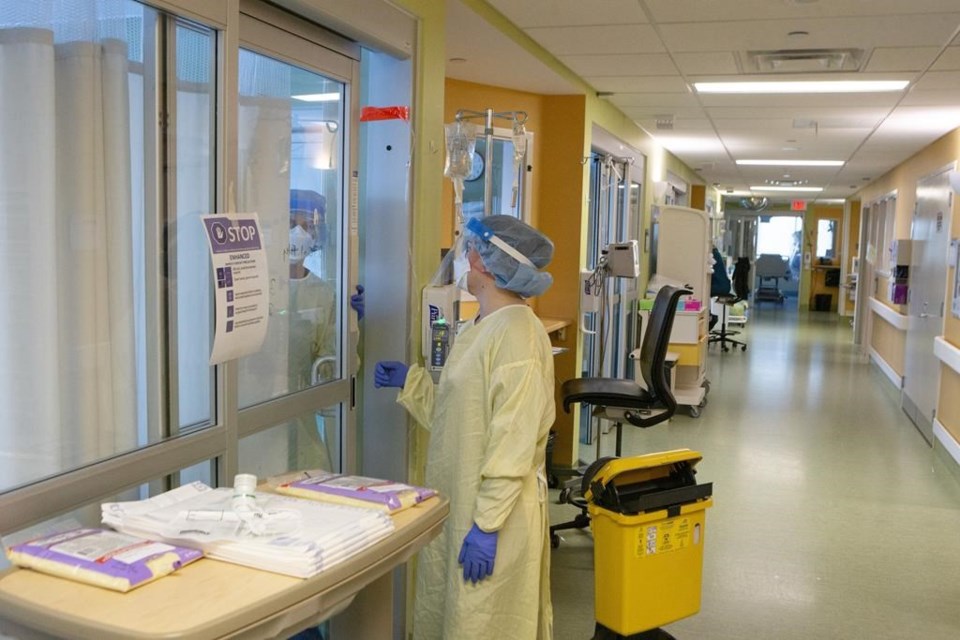TORONTO — Ontario is seeking to recruit more nurses in underserved communities, permanently boost the pay of personal support workers, and maintain a stockpile of personal protective equipment.
The measures are some of the items in what the province is calling a Plan to Stay Open, which aims to ensure Ontario is better equipped to respond to another health crisis.
Health Minister Christine Elliott announced the details at a Toronto hospital on Tuesday, saying while the COVID-19 pandemic is not over, the province is in a place where it can use the lessons learned over the past two years to shore up the health system.
"The most important important lesson we've learned is that we cannot allow ourselves to be unprepared again," she said.
"We need to build a stronger, more resilient health-care system that Ontarians can rely on now as well as into the future."
The plan includes new legislation that would, among other measures, make permanent a $3-an-hour wage enhancement for personal support workers that the government has been extending for a few months at a time since 2020.
The legislation would also require annual reporting on supplies of personal protective equipment and require the province to have a provincial emergency plan that is updated every five years.
The government also announced $81 million over two years to expand a program in which nursing graduates can receive full tuition reimbursement in exchange for committing to practice in an underserved community for two years, as well as $41.4 million in annual funding for clinical education in nursing programs.
There is also a plan to amend laws regulating health professionals to make it easier for health workers with foreign credentials, including those trained internationally, to register and begin working in province. That legislation, the province said, would prohibit regulatory colleges from requiring Canadian work experience as a qualification for registering.
Some of the measures in the plan have been previously announced.
Premier Doug Ford confirmed the permanent wage increase for PSWs earlier this month, along with plans to grow the number of available spaces for students in medical school programs over the coming years.
Ford has also attended a number of hospital funding announcements in recent months as he gears up for a spring election.
Health worker groups have been calling for measures to boost retention and tackle chronic staff shortages, which they say are worsening as the pandemic drags on.
Ford's government has lifted the majority of public health measures like masks and proof-of-vaccination rules in light of improving pandemic trends. At the Tuesday announcement, Elliott repeated the government's refrain that Ontario is now in "a place where our province can safely manage COVID-19 for the long term."
But there were some signs that virus trends were again creeping upwards.
Ontario reported 790 people in hospital with COVID-19 and 165 in intensive care on Tuesday, up from 655 in hospital and 158 in intensive care the previous day.
There were 1,610 new cases of COVID-19 recorded today, but the province's top doctor has said the actual number is likely 10 times higher than the daily case count.
Monday's test positivity rate of 17.9 per cent was the highest since late January, when it hit 18.8 per cent at the height of the Omicron wave.
This report by The Canadian Press was first published March 29, 2022.
Holly McKenzie-Sutter, The Canadian Press



